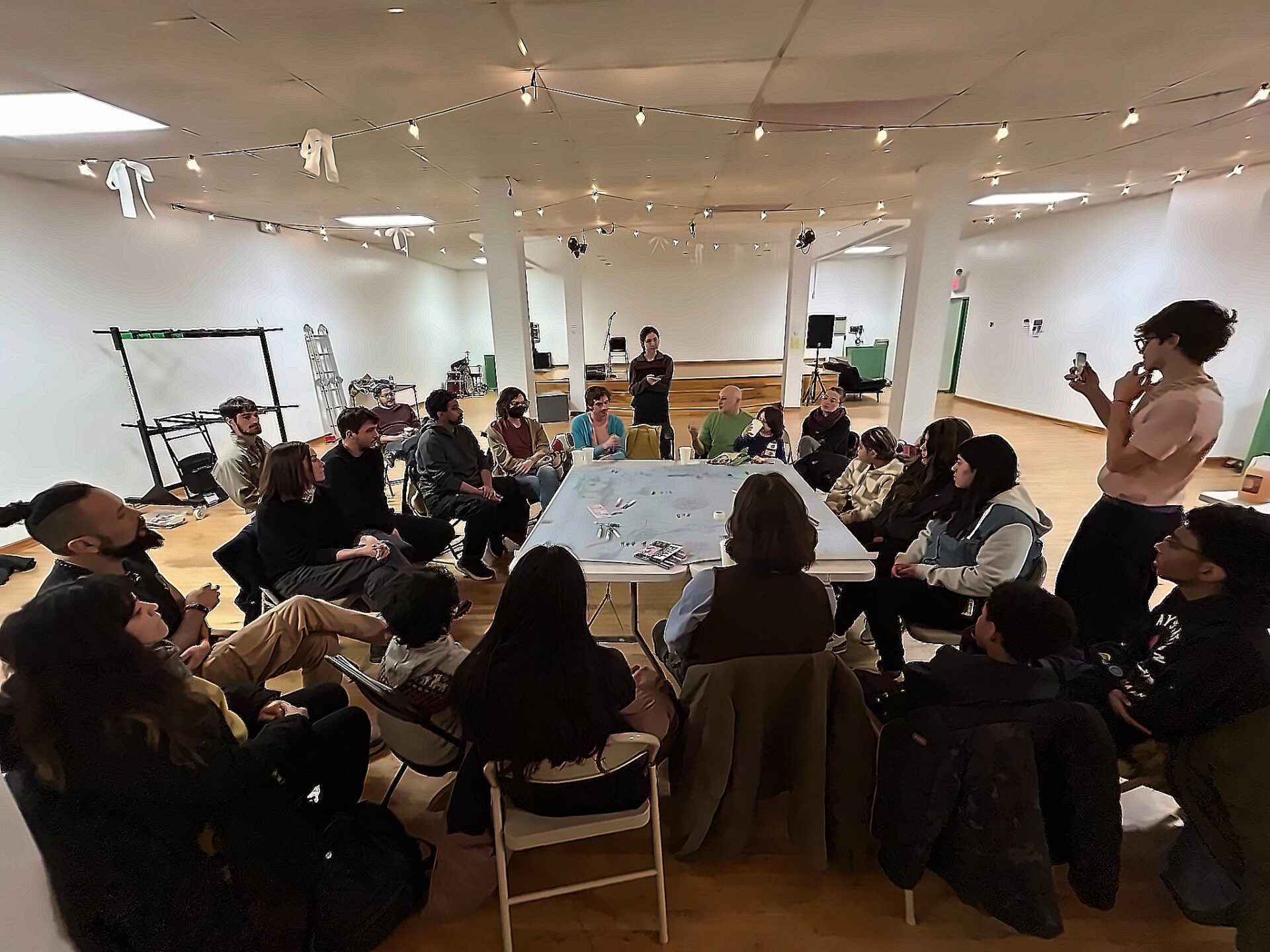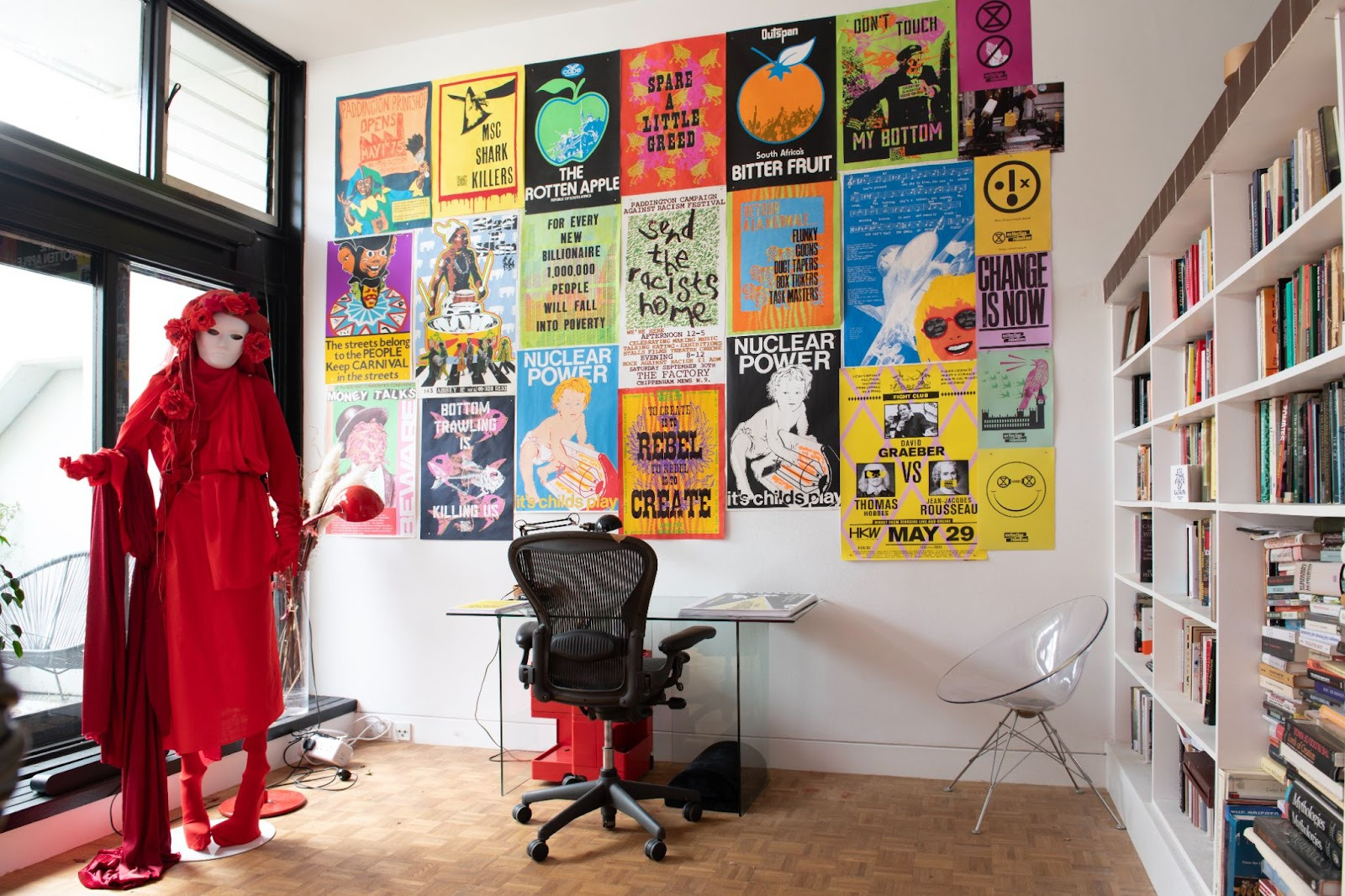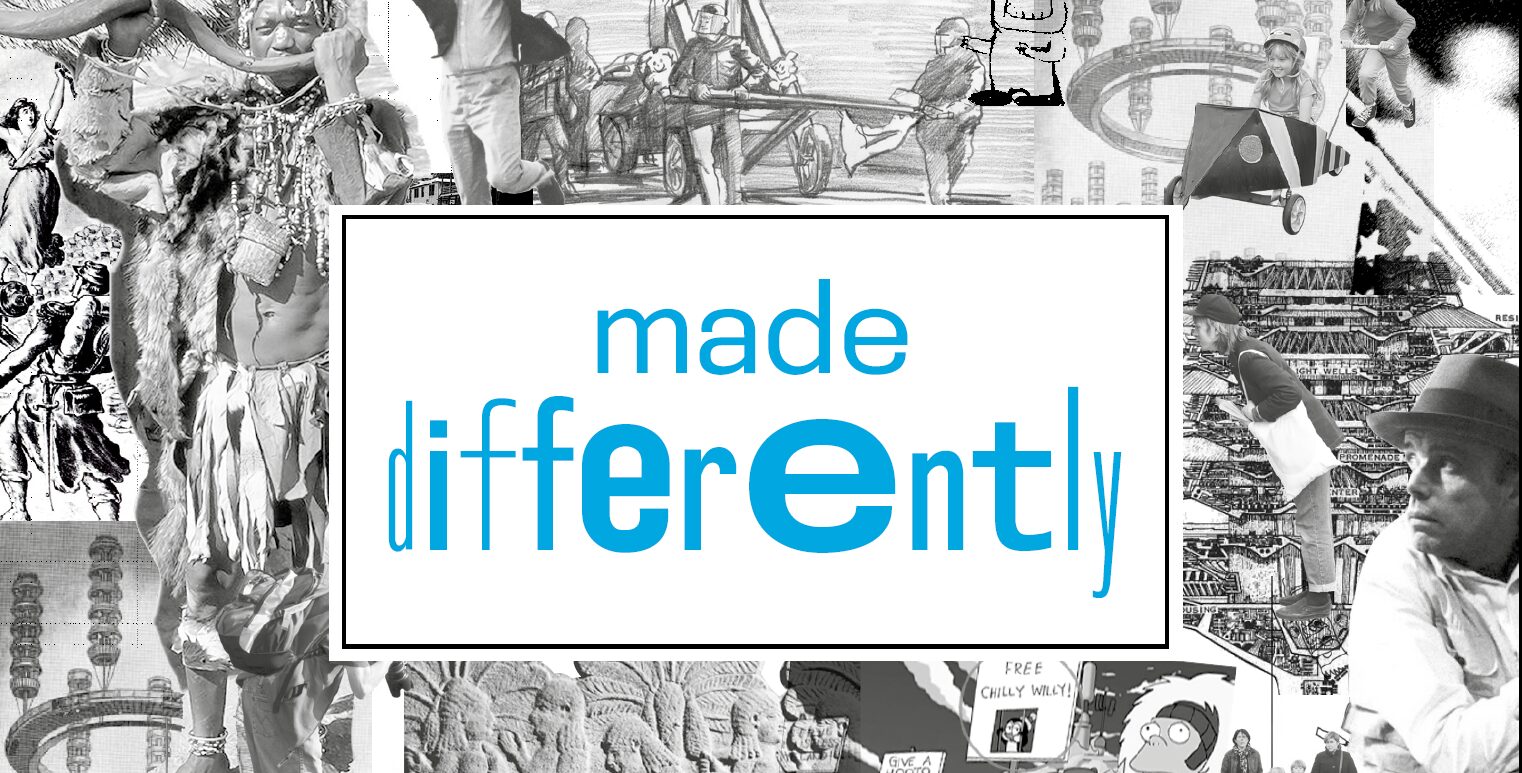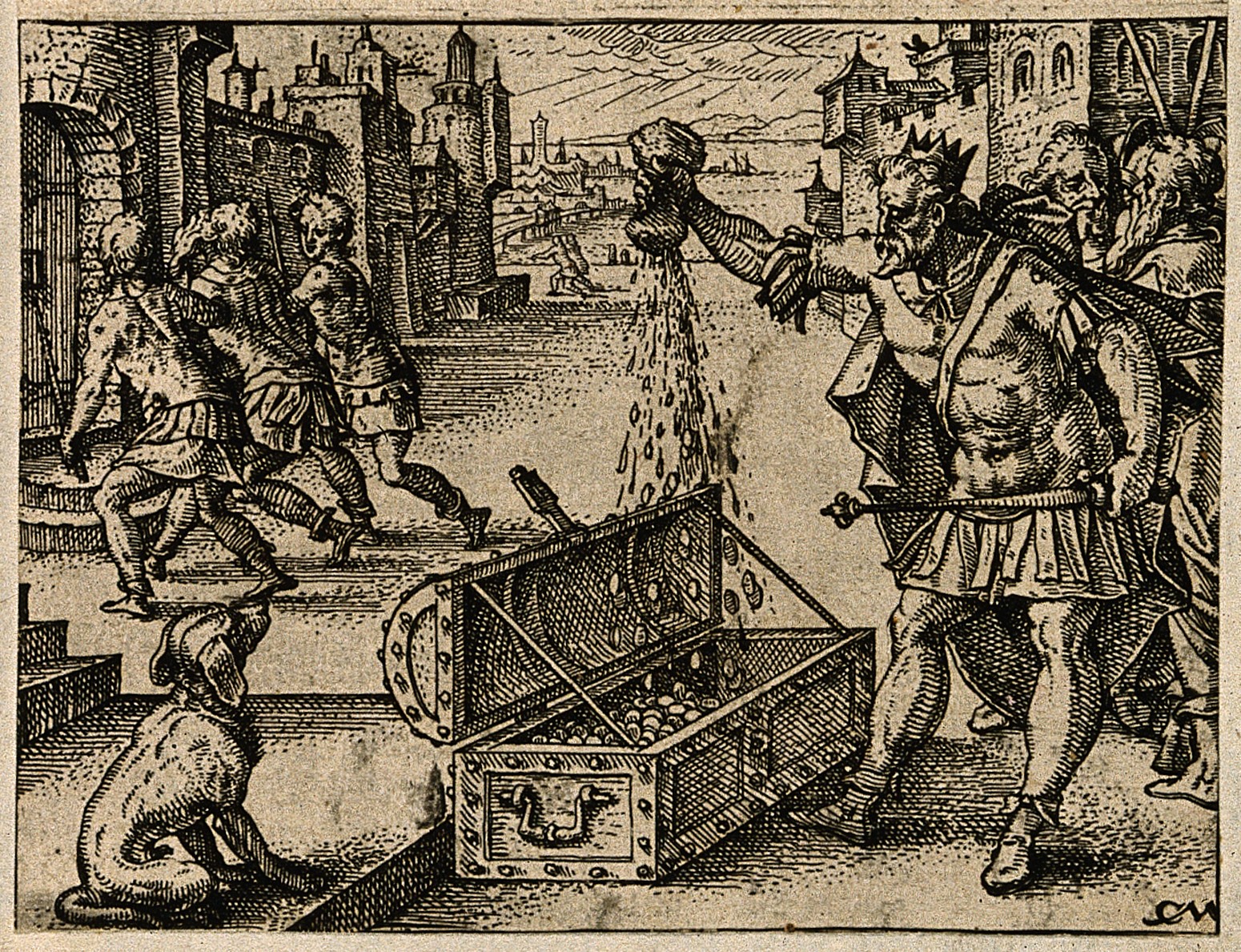If one starts poking at the history of debt, what one discovers is not a history of honor, or integrity, but a history of violence, slavery, and war. The world’s great empires were built on debt, and the moral claims of creditors have always been enforced by the threat of force.
Active

Islands in the Future
The David Graeber Institute is re-imagining an abandoned ship as an anti-colonial Museum of Care in St. Vincent and the Grenadines.

Visual Assembly as Map of Units of Care
Creating a map and network of care units across the globe through Visual Assemblies

Fight club
David Graeber asserted that human consciousness only exists in dialogue with others, and the myth of the individual “thinker-philosopher” is nothing but a myth. David himself was often subjected to public attacks and withstood them with fortitude. Our fights will be between real people, imaginary people, or real people played by actors.

APT/ART: art for everyone, in the home and the neighbourhood
The opensource art gallery project with downloads to artwork, international collaboration and apartment art exhibition ideas.

The Survival Kit Collection
The Survival Kit collection at the Museum of Care in St Vincent and the Grenadines will focus on the maintenance of human life rather than the preservation of art objects.

David Graeber Institute Art Collection
The DGI art collection is here to organize open calls, commissioned art projects, help to organise APTART exhibitions, and to find connecting with potential collaborators

Made Differently
In thousands of ways, we are taught to accept the world we live in as the only possible one, but thousands of other ways of organizing homes, cities, schools, societies, economies, cosmologies, have and could exist. The series of books Made Differently… is designed to play with possibility and to overcome the suspicion, instilled in…

Visual Assembly as a Playground
Visual Assemblies rethink shared spaces — hospitals, schools, and playgrounds — exploring how we learn, work, care, and play together. A network of community-built playgrounds as Visual Assemblies could lay the foundation for collaboration and connection.

APT/ART #2: MAKE CARNIVAL NOT WAR
Carnival and War are both ways of interacting with strangers. One embraces difference the other is just conflict. This exhibition explores both.
